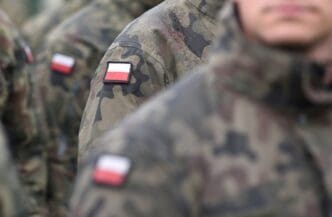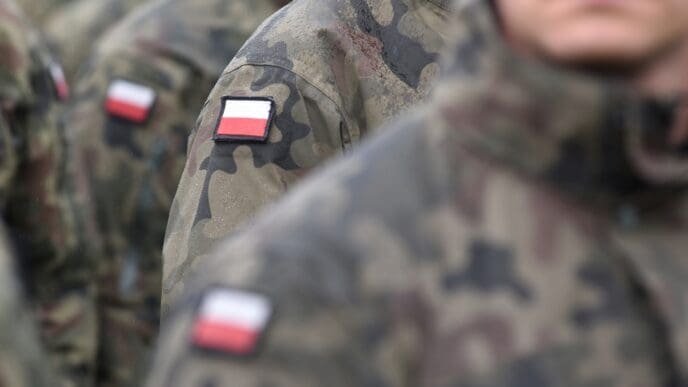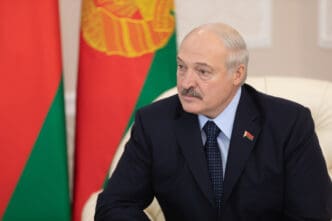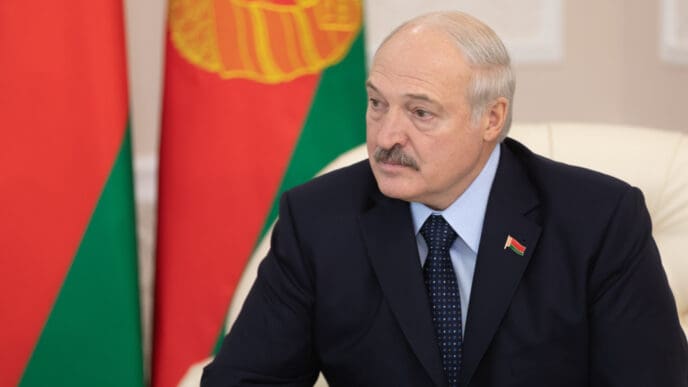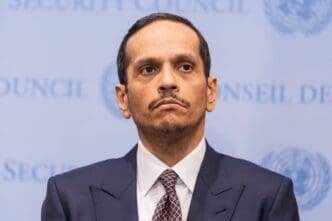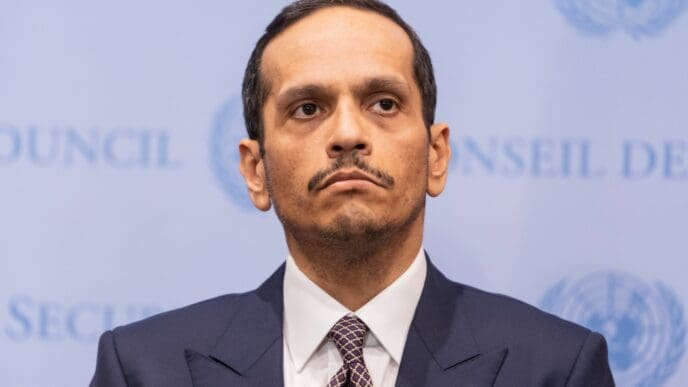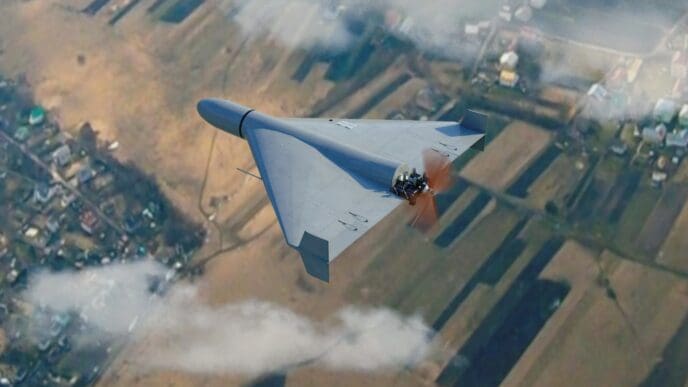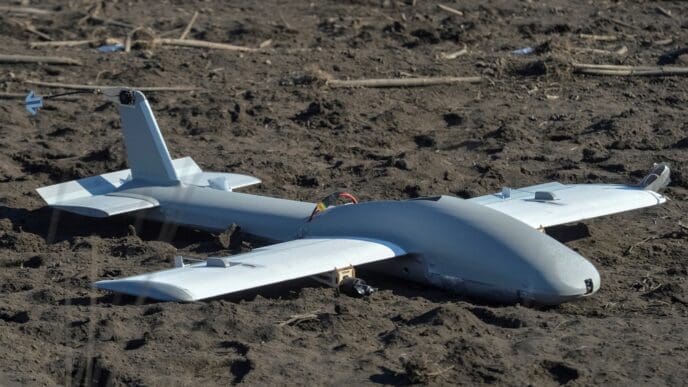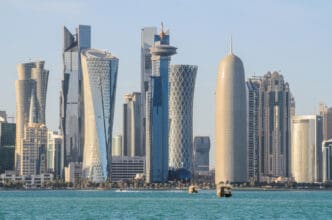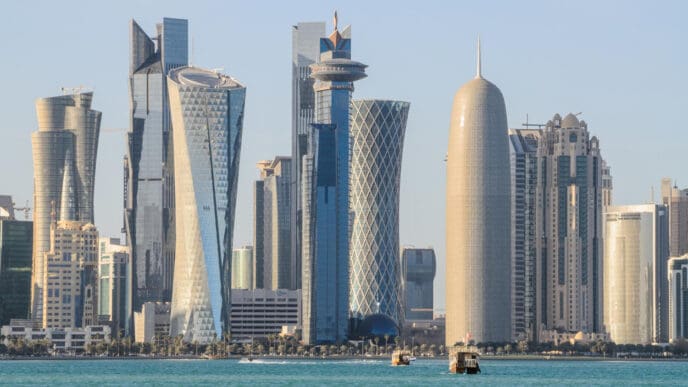Extremism, Islamophobia, and the ongoing conflict in Gaza continue to be significant concerns for the Arab and Islamic worlds, drawing increased global attention and scrutiny. These issues extend beyond the regions directly involved, resonating with international communities focused on peace, justice, and human rights. Muslims constitute over a third of the global population, with sizable minority communities residing across Europe. These communities often encounter complex societal challenges, including discrimination, social exclusion, and cultural misunderstandings, which can impede integration and mutual respect.
The Europe Conversation recently explored these issues in a discussion with Sheikh Dr. Mohammed Al-Issa, Secretary General of the Muslim World League. During the dialogue, Dr. Al-Issa condemned all forms of hatred and division, advocating strongly for peaceful coexistence. He encouraged Muslim minorities in Europe to actively contribute to the social, cultural, and economic landscapes of their countries. Despite the ongoing Middle East conflict, Dr. Al-Issa remains optimistic that through sincere dialogue, justice, and cooperation, Gaza will ultimately regain its strength, stability, and dignity.
Established in 1962 and headquartered in Mecca, the Muslim World League is an Islamic non-governmental organization committed to promoting Islam, tolerance, and interfaith dialogue. It receives funding from Saudi Arabia and private donations.
The Human Angle
The issues of extremism and Islamophobia have far-reaching implications for communities worldwide. For Muslim minorities in Europe, these challenges can affect everyday life, influencing how individuals are perceived and treated within society. The call for peaceful coexistence and active contribution by figures like Dr. Al-Issa highlights the potential for these communities to play a vital role in fostering understanding and collaboration across cultural divides.
On a broader scale, the ongoing conflict in Gaza not only impacts those living in the region but also shapes international relations and global peace efforts. The emphasis on dialogue and cooperation as pathways to stability reflects a broader hope for resolving conflicts and achieving long-lasting peace. As these issues continue to evolve, they will likely influence public opinion, governmental policies, and community interactions across the globe.

